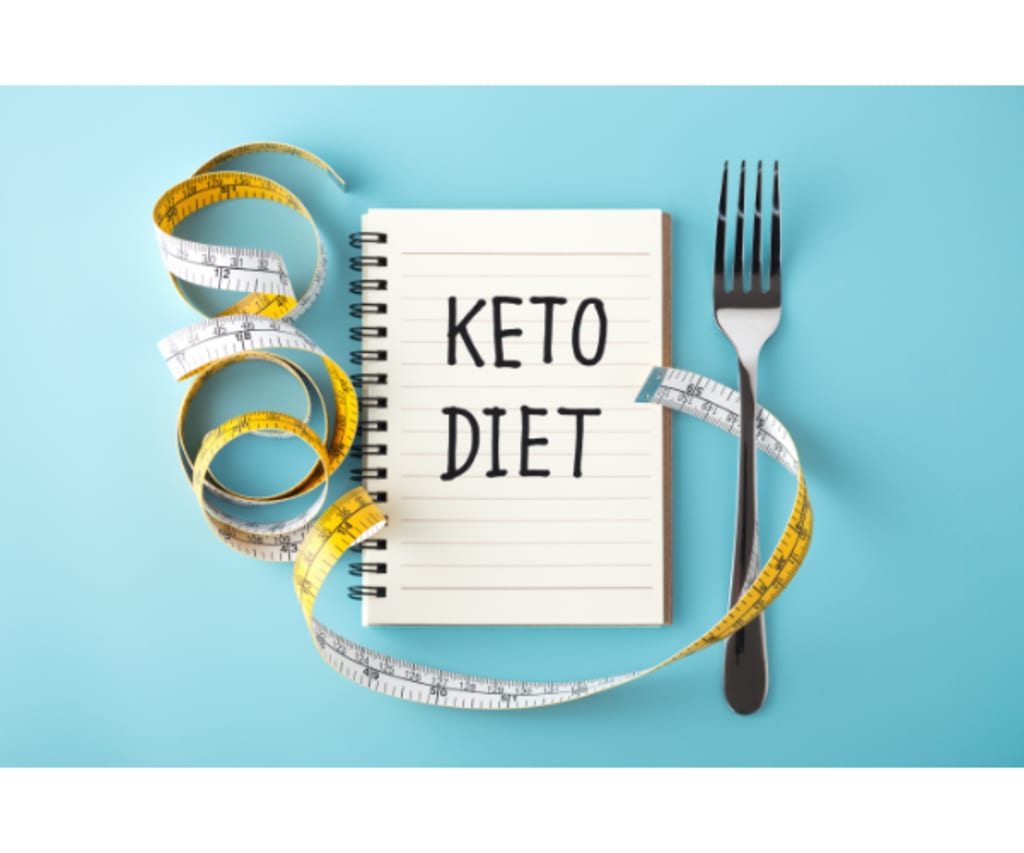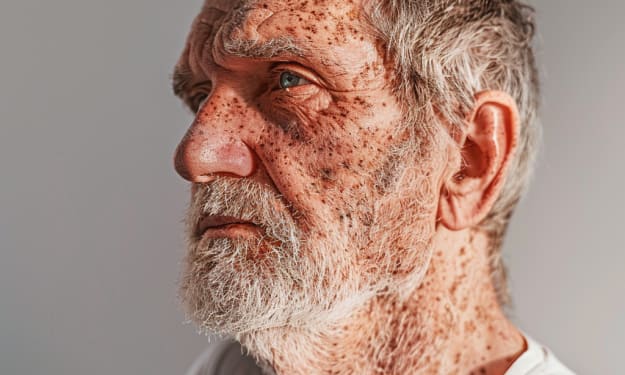
KETO-DIET
The keto diet is a low-carb, high-fat diet that aims to put the body into a state of ketosis. Ketosis occurs when the body runs out of carbohydrates to use as energy and instead starts burning fat for fuel. This process leads to weight loss and improved overall health.
To follow the keto diet, individuals must drastically reduce their carbohydrate intake and increase their consumption of healthy fats. Common foods on the keto diet include meat, fish, eggs, nuts, seeds, oils, and dairy products. However, fruits and starchy vegetables are typically restricted due to their high carb content.
While some people may experience quick weight loss on the keto diet, it is important to remember that this way of eating is not suitable for everyone. Individuals with certain medical conditions or dietary restrictions should consult with a healthcare professional before starting any new diet plan.
Benefits: Weight Loss and More

One of the most popular benefits of following a keto diet is weight loss. This is because the high-fat, low carb diet helps to shift your body into a state of ketosis, where it burns stored fat for energy instead of relying on carbohydrates. Additionally, the keto diet can help to reduce hunger and cravings due to its high protein content and emphasis on filling nutrient-dense foods.
But weight loss isn't the only benefit of a keto diet. Studies have shown that it may also improve brain function and mental clarity due to the increased production of ketones in the brain. The keto diet has also been linked to improved blood sugar control, which can be beneficial for those with diabetes or insulin resistance. And some research suggests that following a ketogenic lifestyle may even reduce inflammation in the body, potentially lowering the risk of chronic diseases like heart disease and cancer.
Ketosis is a metabolic process that occurs when the body burns stored fats instead of carbohydrates for energy. This happens when the body's carbohydrate stores are depleted or limited, typically through a low-carbohydrate and high-fat diet like the ketogenic diet. In this state, the liver produces ketones, which the body uses as an alternative fuel source.
The ketogenic diet aims to keep carbohydrate intake to less than 50 grams per day, forcing the body to rely on fat for energy. As a result, those on a keto diet often experience weight loss due to decreased appetite and increased fat burning. However, it is important to note that following this diet can lead to nutrient deficiencies if not carefully planned and monitored.
It typically takes two to four days of limited carbohydrate intake for ketosis to occur in most people. Some common symptoms of ketosis include bad breath, increased thirst and urination, fatigue, and reduced hunger. Those with diabetes or any medical condition should consult with their healthcare provider before attempting a ketogenic diet as it may require medication adjustments or monitoring of blood glucose levels.
Foods to eat on a keto diet include high-fat meats such as beef, chicken, and pork, fish, and seafood, low-carb vegetables like spinach and broccoli, cheese, nuts and seeds, avocados, and healthy fats like olive oil. These foods are all low in carbohydrates but high in fat content which is essential for the body to enter ketosis.
On the other hand, foods to avoid on a keto diet are those that are high in carbohydrates such as bread, pasta, rice, sugary drinks, and sweets. They can quickly kick your body out of ketosis by increasing your blood sugar levels. Also, avoid fruits with high sugar content like bananas or grapes because they contain natural sugars that can hamper your progress towards ketosis. Processed foods should also be avoided because they often contain hidden carbs which can set you back on your weight loss goals.
Potential Risks and Side Effects
One potential risk of the keto diet is the development of nutrient deficiencies. As the diet emphasizes high fat and low carbohydrate intake, it may be challenging to consume enough vitamins and minerals typically found in fruits, vegetables, and whole grains. This can lead to deficiencies in essential nutrients such as fiber, folate, vitamin C, and potassium.
Another potential side effect of the keto diet is constipation. The lack of fiber in a low-carb diet can cause digestive issues such as constipation, bloating, or diarrhea. It's important to ensure adequate fiber intake from non-starchy vegetables or supplementation to avoid these uncomfortable symptoms.
Lastly, some people may experience what is known as the "keto flu," which involves symptoms such as fatigue, headaches, nausea, and dizziness due to electrolyte imbalances caused by dehydration from increased water loss through urination on a low-carb diet. However, this generally goes away within a few days once the body adjusts to ketosis.
Success Stories: Real People, Real Results
Success stories are an essential element in any weight-loss program. These tales of real people with real results inspire others to try the same diet and achieve their desired goals. The keto diet is one such plan that has produced numerous success stories.
Many individuals have shared their transformation after adopting the keto way of eating. They have lost significant amounts of weight, gained muscle mass, and improved their overall health markers like blood sugar levels, cholesterol numbers, and blood pressure readings. Some even claim to have reversed their type 2 diabetes!
These success stories also highlight how the keto diet can be adapted to different lifestyles and food preferences. People who love meat or those who prefer vegetarian or vegan diets have all found ways to make the keto diet work for them. These inspiring examples provide hope for anyone struggling with weight loss and encourage them to try this unique approach!
Conclusion: Is the Keto Diet Right for You?
In conclusion, the Keto Diet can be an effective weight loss tool for some individuals. It is a high-fat, low-carbohydrate diet that puts your body into a state of ketosis, where it burns fat for energy instead of carbohydrates. However, it may not be suitable for everyone.
Before starting the Keto Diet, it is important to consult with a healthcare professional to determine if it is safe for you. Individuals with certain medical conditions or taking specific medications may need to avoid this type of diet.
Additionally, the Keto Diet requires strict adherence and can be difficult to maintain long-term. It may also lead to potential nutrient deficiencies if not properly planned and monitored. Ultimately, whether or not the Keto Diet is right for you depends on your individual needs and goals.
I as a medical doctor tell you that the opinions are different.
I have some affiliate links in the highlighted sections and will get a commission if you buy one of the products, which I can recommend.





Comments
There are no comments for this story
Be the first to respond and start the conversation.